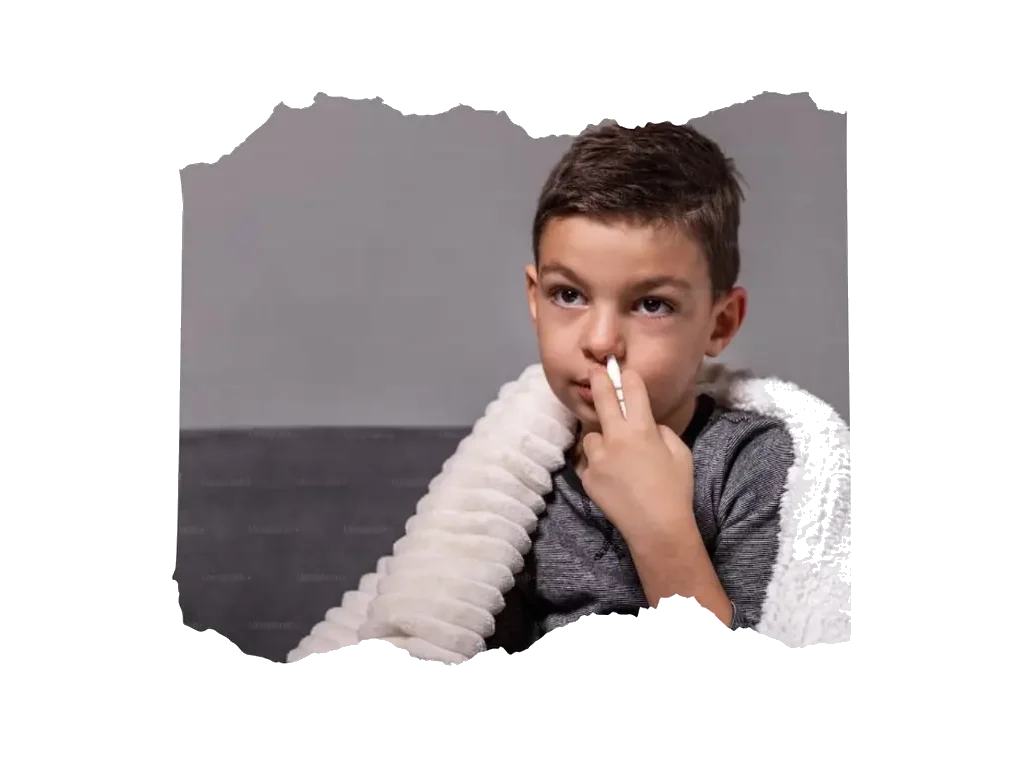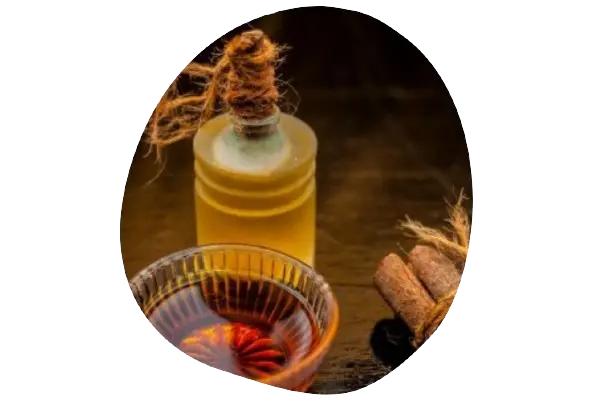In-Depth Analysis of Seasonal Remedies for Pollen Allergy Relief
Pollen allergies, often referred to as hay fever, are an immune response to pollen from trees, grasses, and weeds. When someone with a pollen allergy comes into contact with this allergen, their body releases histamines and other chemicals to combat the perceived threat, resulting in symptoms like sneezing, itchy eyes, runny nose, and congestion. These symptoms can significantly impact daily life, particularly during peak pollen seasons. Therefore, understanding and utilizing seasonal remedies is crucial for managing and mitigating these symptoms.


The Importance of Seasonal Remedies for Pollen Allergy Relief
Seasonal remedies are essential because they are specifically tailored to address the fluctuations in pollen levels and the severity of allergic reactions throughout the year. Unlike year-round medications, these remedies focus on providing relief during the high-pollen months, when symptoms are most intense. By adopting these remedies, individuals can reduce their exposure to pollen, alleviate symptoms, and maintain a higher quality of life during allergy season.

Detail and Explanations for Pollen Allergy Relief :
1. Natural Remedies:
- Nasal Irrigation: Use a neti pot or saline spray to rinse pollen from nasal passages. This can reduce nasal congestion and irritation.
- Butterbur: This herb has been shown to reduce inflammation and alleviate allergy symptoms. Ensure it is PA-free (free of pyrrolizidine alkaloids) to avoid liver toxicity.
- Quercetin: Found in apples, onions, and tea, quercetin is a natural antihistamine that can help reduce allergic reactions.
- Probiotics: A healthy gut microbiome can support the immune system. Probiotics found in yogurt, kefir, and supplements may help manage allergies.


2. Dietary Changes
- Monitor Pollen Counts: Stay informed about daily pollen levels through weather reports or apps. Plan outdoor activities when pollen counts are lower, typically after rain or in the late afternoon.
- Indoor Air Quality: Use high-efficiency particulate air (HEPA) filters in your home, especially in bedrooms. Keep windows closed during high pollen seasons and use air conditioning to filter out pollen.
- Personal Hygiene: Shower and change clothes after spending time outdoors to remove pollen from your skin and hair. This prevents pollen from spreading indoors.
3. Lifestyle Changes:
- Regular Cleaning: Dust and vacuum your home frequently to remove pollen. Wash bedding in hot water weekly.
- Protective Gear: Wear sunglasses and a hat when outdoors to shield your eyes and hair from pollen. Consider wearing a mask during high pollen times.


5. Alternative Therapies:
- Acupuncture: Some studies suggest that acupuncture can help reduce allergy symptoms by balancing the body’s immune response.
- Essential Oils: Oils like eucalyptus, peppermint, and lavender can be used in diffusers or as part of steam inhalation to relieve nasal congestion.
Bullet Points for Quick Reference
- Monitor pollen countsand plan activities accordingly.
- Use HEPA filtersand keep windows closed.
- Shower and change clothesafter outdoor activities.
- Nasal irrigationwith a neti pot or saline spray.
- Butterbur and quercetinas natural antihistamines.
- Probioticsto support gut health.
- Anti-inflammatory foodslike fish, berries, and citrus fruits.
- Regular cleaningand washing of bedding.
- Wear sunglasses and hats
- Acupuncture and essential oilsfor symptom relief.

Conclusion
Seasonal remedies for pollen allergies are an essential part of managing the condition effectively. From antihistamines and nasal sprays to natural options like saline rinses and herbal teas, there are many ways to reduce symptoms and enjoy a more comfortable allergy season. By taking a proactive and informed approach, your readers can find the right combination of remedies that work for them, leading to better control over their allergies and a higher quality of life during the pollen season.
Caution : Remember, these natural remedies complement conventional treatments. Always consult a healthcare provider, especially if you’re pregnant, nursing, or have underlying health conditions.
Why Is This Crucial for Your Readers?
Understanding and implementing home remedies is crucial because it empowers your readers to take control of their allergy symptoms in a natural and accessible way. These remedies are often low-cost, easy to implement, and free from the side effects that can accompany some medications. By incorporating these strategies into their daily routine, your readers can experience relief from pollen allergies without relying solely on pharmaceutical solutions.


Key Points for Your Readers
- Integrate Gradually: Start incorporating these remedies early in the allergy season for maximum benefit.
- Personalize Your Approach: Mix and match remedies to find what works best for your unique symptoms and lifestyle.
- Consistency is Key: Regular use of these remedies can help manage symptoms more effectively over time.
- Consult a Professional: While home remedies can be effective, it’s important to consult a healthcare provider for severe symptoms or if you’re unsure about a remedy.
Conclusion
Home remedies for pollen allergy relief offer a natural and effective way to manage symptoms during allergy season. From saline rinses and steam inhalation to herbal teas and dietary adjustments, these remedies provide a holistic approach that can complement or even replace pharmaceutical treatments. By understanding and utilizing these seasonal remedies, your readers can enjoy a more comfortable and symptom-free allergy season while maintaining a natural and healthy lifestyle.
